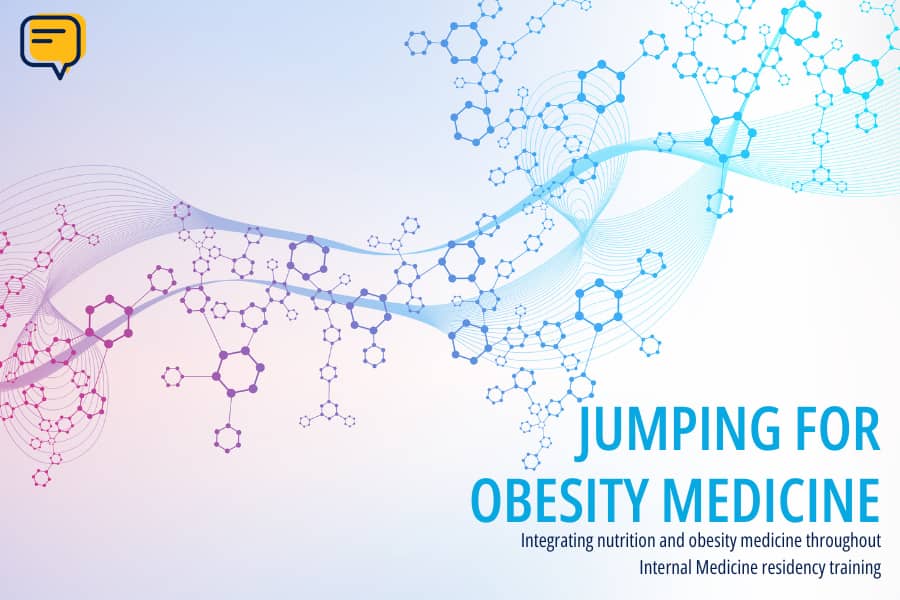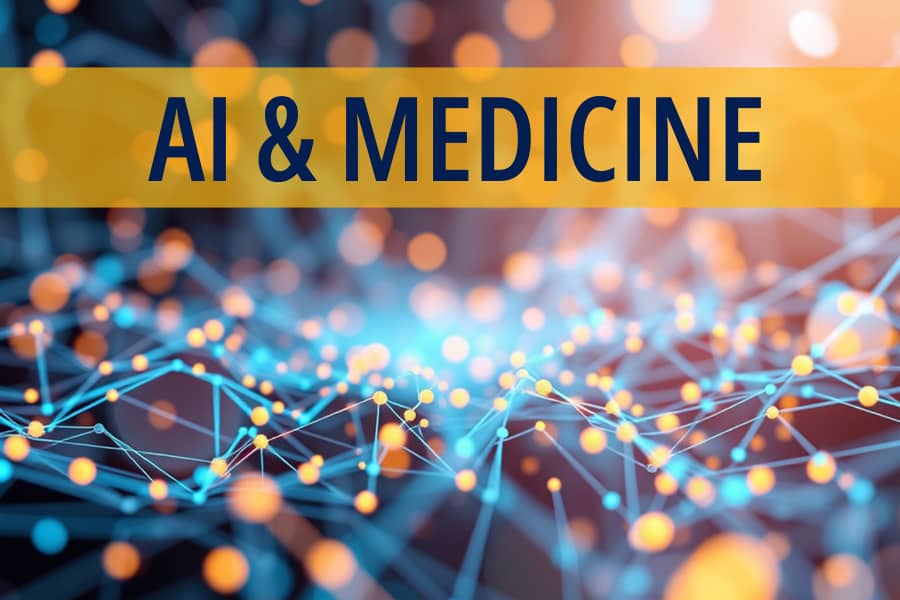
Insight into Internal Medicine: Reflections from MU-WCOM Alumni, Part 2
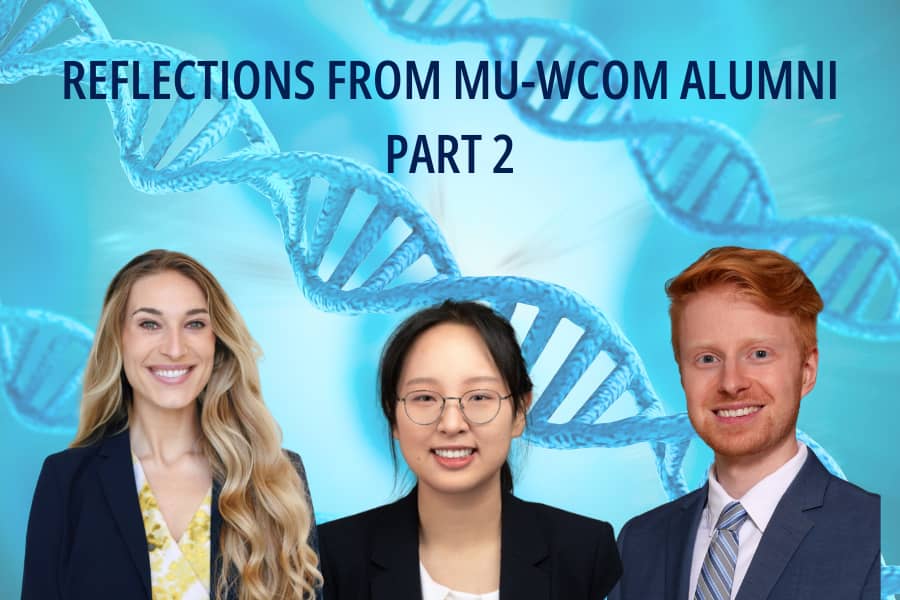
Specialization in Internal Medicine (IM) allows physicians to practice in a primary care setting and see a variety of clinical presentations. Because of the vast spectrum of avenues and patient populations that an IM physician can work with, I spoke with alumni from the Marian University Tom and Julie Wood College of Osteopathic Medicine (MU-WCOM) to see what led them down their paths to IM.
My purpose in interviewing Arielle Coy, DO '24, Alexander Dile, DO '23, and Nicole Kang, DO '24, is to help introduce the field of Internal Medicine to curious medical students.
How have you implemented osteopathy into your care?

Dr. Coy: "A physical exam is one of the most important elements of clinical medicine. Osteopathy taught me how to evaluate patients physically and how to recognize normal from abnormal."
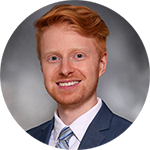 Dr. Dile: "More than anything, I have embraced the osteopathic holistic mindset into my own practice. For me, this includes addressing the biopsychosocial aspects of patient care by utilizing body language and incorporating emotional intelligence during interactions. I heavily rely on the physical exam skills I developed in medical school to aid in my diagnosis and treatment. What I find most rewarding from all of this is when a patient tells me they no longer fear going to the doctor—they feel truly heard, understood, and cared for."
Dr. Dile: "More than anything, I have embraced the osteopathic holistic mindset into my own practice. For me, this includes addressing the biopsychosocial aspects of patient care by utilizing body language and incorporating emotional intelligence during interactions. I heavily rely on the physical exam skills I developed in medical school to aid in my diagnosis and treatment. What I find most rewarding from all of this is when a patient tells me they no longer fear going to the doctor—they feel truly heard, understood, and cared for."
 Dr. Kang: "I have found myself implementing osteopathic practices when patients present with neck and back pain, and they do not want to take pain medicine. Many muscle release techniques can be helpful."
Dr. Kang: "I have found myself implementing osteopathic practices when patients present with neck and back pain, and they do not want to take pain medicine. Many muscle release techniques can be helpful."
What advancements do you see coming to the field of Internal Medicine in the next 10 years?
Dr. Coy: "We've already begun to see an increase in point-of-care ultrasound, digital and wearable remote monitoring, and pharmacogenomics, which are all incredible advancements. I'm curious to see how AI will inevitably integrate into our day-to-day. Hopefully, it can provide clinical decision support and improve documentation workflow."

Dr. Dile: "The integration of AI into medicine is already in progress, and I think it will vastly change how we practice in the future. We will quickly be able to summarize and synthesize data in ways not possible before. Overall, I believe this will enhance how we practice medicine and deliver care to our patients, as well as improve our workflows and efficiency. However, I hope we don't lose the art of medicine and the humanistic side to treatment, which is needed when, as is often the case, there is no single correct answer. I think our osteopathic training has prepared us well for this."
 Dr. Kang: "Point-of-care ultrasound is definitely such an upcoming and useful tool in medicine. I have seen it currently used the most in pulmonary care, especially for checking for pneumonia and pleural effusions at the bedside."
Dr. Kang: "Point-of-care ultrasound is definitely such an upcoming and useful tool in medicine. I have seen it currently used the most in pulmonary care, especially for checking for pneumonia and pleural effusions at the bedside."
How can practicing in different settings (i.e., inpatient vs outpatient) influence the type of care you provide?
Dr. Coy: "Each has their own unique cadence, but both are extremely challenging in their own respect. The outpatient setting will focus on preventative medicine and managing chronic health problems. The inpatient setting manages more acute and life-threatening issues requiring hospitalization and continuous medications to try and achieve a person's "homeostasis." Then there are, of course, similarities when it comes to educating patients, shared decision making, and critical thinking."
 Dr. Kang: "Both inpatient and outpatient present with different challenges, and it really depends on the location of your care facilities [urban vs rural]. In outpatient settings, we also have more time to spend with the patients, and they are typically less acutely ill."
Dr. Kang: "Both inpatient and outpatient present with different challenges, and it really depends on the location of your care facilities [urban vs rural]. In outpatient settings, we also have more time to spend with the patients, and they are typically less acutely ill."
Summary
Internal Medicine (IM) allows doctors to care for a wide range of patients. Marian University osteopathic alumni emphasize the importance of physical exams, holistic care, and using osteopathic techniques for pain management.
IM is rapidly advancing with point-of-care ultrasound and artificial intelligence, improving diagnosis and workflow. Outpatient IM focuses on prevention, while inpatient care manages acute illnesses. Adaptability and a patient-centered approach are essential in both settings.
Come back next week for part three of the interview!
About the Author
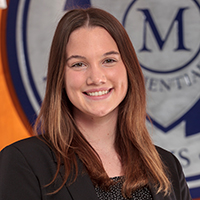 Kylie DeVlaminck is a second-year osteopathic medical student at the Marian University Tom and Julie Wood College of Osteopathic Medicine with an interest in pursuing internal medicine post-graduation. Her interests lie in preventative medicine, improving access to healthcare, and mentorship within medicine. Outside of school, she enjoys exercising, traveling, and spending time with family and friends.
Kylie DeVlaminck is a second-year osteopathic medical student at the Marian University Tom and Julie Wood College of Osteopathic Medicine with an interest in pursuing internal medicine post-graduation. Her interests lie in preventative medicine, improving access to healthcare, and mentorship within medicine. Outside of school, she enjoys exercising, traveling, and spending time with family and friends.
About Franc Notes
Discover the voices of Marian University's health professions students through "Franc Notes", a vibrant, student-led blog that embodies our Franciscan commitment to community, reflection, and compassionate service. Inspired by the rhythm of "SOAP notes," it features weekly insights—from "DO Diaries" interviews with physicians to summer reflections and program spotlights—fostering collaboration across disciplines."


